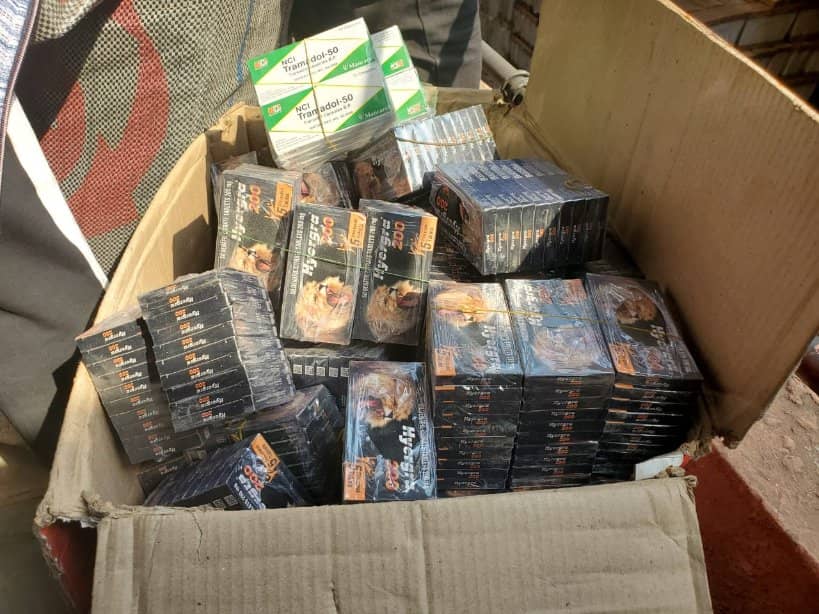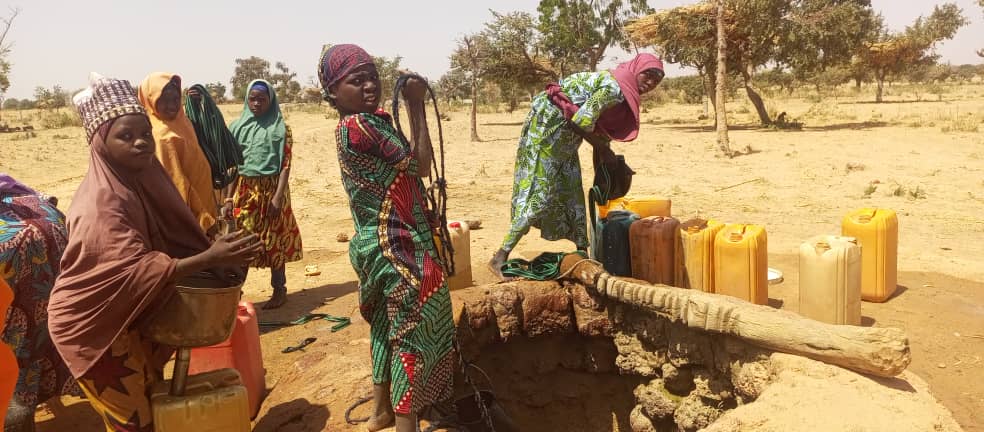…Says Withdrawal Disrupts Intelligence Sharing, Counterterrorism Efforts
ABUJA – Conference of Civil Societies and Centre for Civil-Military Cooperation (CIMICO) has expressed concern over the withdrawal of Niger, Mali and Burkina Faso from Economic Community of West Africa States (ECOWAS).
Listing the implications of the withdrawal, CIMICO noted that the withdrawal will disrupted intelligence sharing, regional counterterrorism efforts, and coordinated security initiatives such as the Multinational Joint Task Force (MNJTF).
The group said that the decision to withdraw carries profound security, economic, and humanitarian implications for the people of the region.
Addressing a press conference in Abuja at the weekend, the Coordinator of CIMICO, Dr. Adams Otakwu, said that the departure may contribute to governance challenges, potentially creating unaccountable regimes and further setbacks to democratic stability.
He said: “We express deep concern over the formal withdrawal of Mali, Burkina Faso, and Niger from the Economic Community of West African States (ECOWAS). This decision carries profound security, economic, and humanitarian implications for the people of the region.
“The three countries are frontline states in the fight against terrorism, and their withdrawal disrupts intelligence sharing, regional counterterrorism efforts, and coordinated security initiatives such as the Multinational Joint Task Force (MNJTF).
“A fragmented security architecture risks exposing these states—and the wider West African region—to heightened threats of violent extremism, migrant trade, and political disorder.
“Moreover, the departure may contribute to governance challenges, potentially creating unaccountable regimes and further setbacks to democratic stability.
“The economic repercussions of this withdrawal cannot be overlooked. As ECOWAS members, these countries benefited from a harmonized trade system, including the Common External Tariff and preferential access to the African Continental Free Trade Area (AfCFTA).
“Their exit introduces economic uncertainty, with potential increases in tariffs, inflation, and disruptions to cross-border trade and financial services. Additionally, their standing in the global financial system could be negatively impacted, given their status on the Financial Action Task Force (FATF) grey list. Without ECOWAS membership, they risk exclusion from critical financial regulatory frameworks, affecting investment inflows, economic stability, and long-term development prospects.”
Dr. Otakwu further said: “Beyond security and economic concerns, the humanitarian impact of this withdrawal is worrisome. ECOWAS has been a critical driver of social interventions, infrastructure development, and livelihood support across its member states.
“The withdrawal of these three nations threatens ongoing regional assistance programs and could exacerbate poverty and human suffering. Additionally, there is a risk of hostility towards Malian and Burkinabé migrants in neighboring countries such as Ghana, Côte d’Ivoire, and Senegal, further escalating social tensions. At a time when regional solidarity is needed most, disengagement from ECOWAS places the lives and well-being of millions at risk.
“We urge ECOWAS and the leadership of Mali, Burkina Faso, and Niger to pursue continued dialogue in the spirit of regional integration, peace, security, good governance, and inclusive development. We recall past reconciliation efforts, including the Peace and Reconciliation Forum in Lomé and interventions by religious leaders, as vital precedents that should be built upon.”
He, however, urged regional leaders to ensure that their decisions reflect the collective aspirations of the people, calling on the Sahelian states to re-establish accountable governance structures and work towards restoring trust and cooperation within the region.
Also speaking, the Executive Director of Community Watch Initiative (CWI), Mr. David Acheme, said their departure disrupts established mechanisms for security coordination, joint military initiatives, and intelligence exchange.
He said: “We know that Mali, Burkina Faso, and Niger have been central to counterterrorism operations, and their departure disrupts established mechanisms for security coordination, joint military initiatives, and intelligence exchange.
“Without a unified approach, the region faces heightened exposure to insurgent activities, illicit cross-border movements, and governance breakdowns. This shift also threatens institutional accountability, potentially fostering unchecked rule and further complicating efforts to uphold democratic principles across West Africa.”
On his part, the Director of Lead Watch, Mr. Joseph Ode said, “this withdrawal marks a significant shift in the regional economic landscape, threatening to unravel the intricate web of trade agreements and financial frameworks that have underpinned their economic stability.
“As they exit the ECOWAS bloc, they risk being exposed to serious uncertainties and inflation, potentially subjecting them to higher tariffs and reduced trade opportunities.”
Also, the Head of Mission of Impart Africa (IA), Blessing Onjefu said, “we urge ECOWAS to maintain diplomatic channels, and call on the three Sahelian states (Burkina Faso, Mali and Niger) to reconsider their stance, as regional integration serves the best interest of the people and citizens of west Africa.”




 2 weeks ago
26
2 weeks ago
26








 English (US) ·
English (US) ·